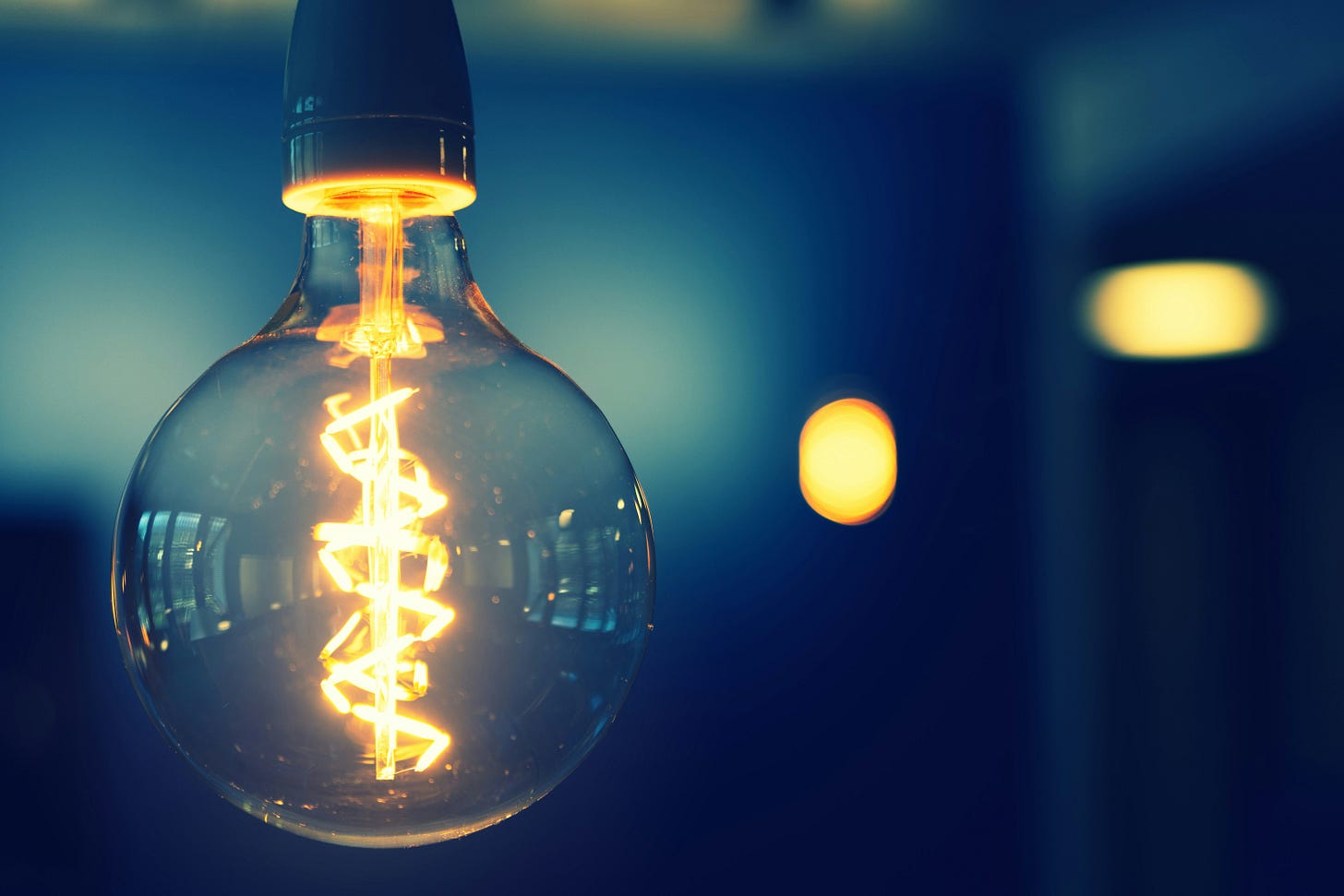Transcript: Ask Me Anything About Adversity
There is still time to get in your questions!

Hi everyone,
I had a family situation come up last week and haven’t been in much of a writing mood. I tried to start the post I had scheduled for this week but didn’t get very far.
What I thought I’d do today instead is transcribe last week’s AMAAA (Ask Me Anything About Adversity) thread. There were a lot of great que…
Keep reading with a 7-day free trial
Subscribe to Hello, Adversity to keep reading this post and get 7 days of free access to the full post archives.


